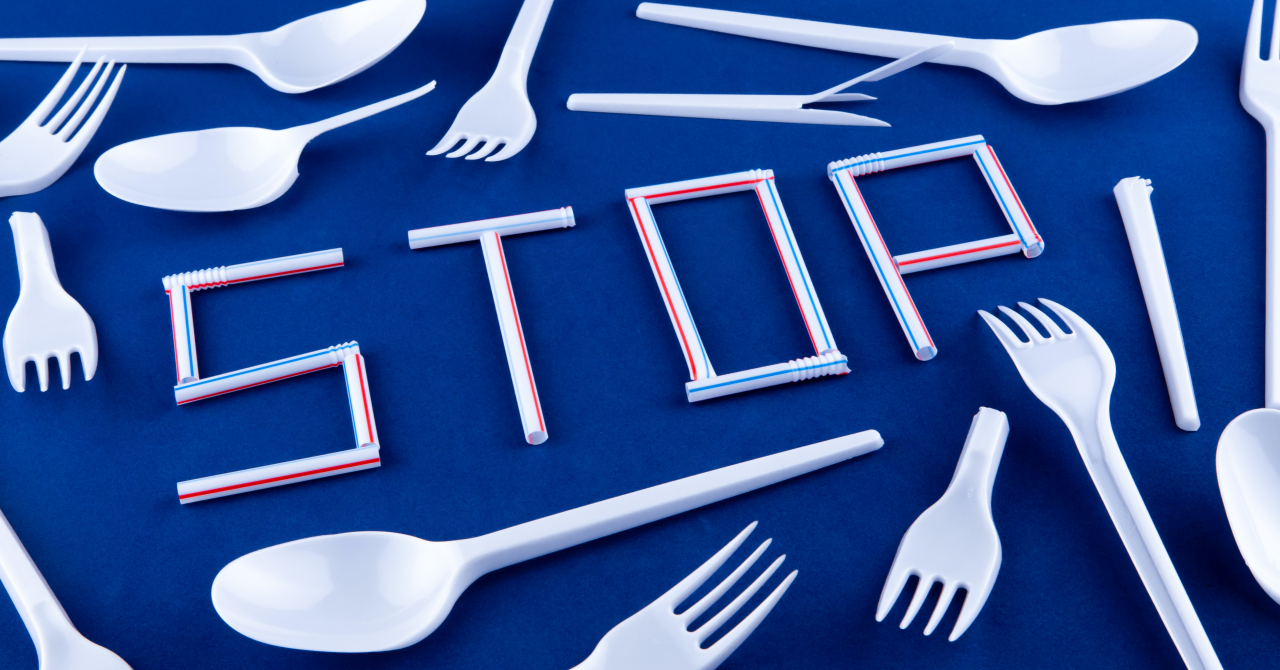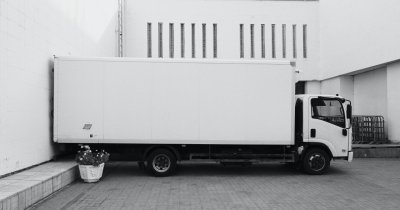According to BBC, The Big Plastic Count's organizers ask authorities for immediate action in order to solve this issue, as Greenpeace and Everyday Plastic estimate that 100 billion pieces of plastic are being thrown away in the UK yearly.
The survey, which took place for a week in the month of May, involved careful analysis of how much plastic and what type of plastic is being thrown in some 100.000 British households.
The organizers concluded that recycling alone isn't an option, considering how much plastic is being thrown away.
Chris Thorne, Greenpeace UK's plastics campaigner, said that "this is a jaw-dropping amount of plastic waste."
"Pretending we can sort this with recycling is just industry green-wash. We're creating a hundred billion bits of waste plastic a year, and recycling is hardly making a dent", he added.
Out of all the plastic that was thrown in the garbage bin, 83% was from food and drinking packaging, the most common items being fruits and vegetables.
Nadiya Catel-Arutyunova, sustainability policy advisor at the British Retail Consortium, explained that "the UK retail industry is leading the way in protecting the environment by reducing single-use packaging, regardless of the material type."
She added that "the ability to remove branded single-use plastic (SUP) packaging is challenging but can be unlocked with partnerships and collaboration with producers and does not alter retailers' underlining drive to make quick and effective changes in reducing single-use plastics."
According to the UK government, in 2021, 2.5 million tons of plastic waste were collected from households in the country, with just 44.2% of that amount being recycled.
This is because not all plastic can be sorted and recycled properly, as data from Recoup, a plastics charity, shows that 61% of plastic bottles are being recycled, with 36% of the plastic tubs and just 8% of plastic films.
Everyday Plastic founder Daniel Webb said that "recycling doesn't work, we all know it. If we think things are being recycled we can carry on the way we are. We need to address things further up the chain. By reducing the amounts we produce it will reduce the amount that is thrown away."
 Mihai - Cristian Ioniță
Mihai - Cristian Ioniță












Any thoughts?